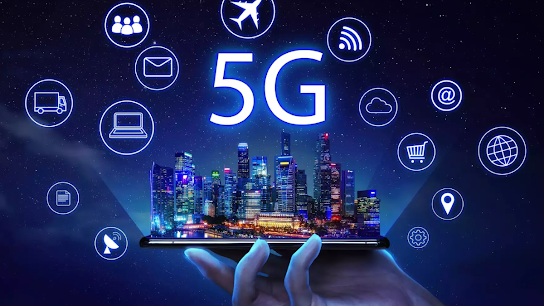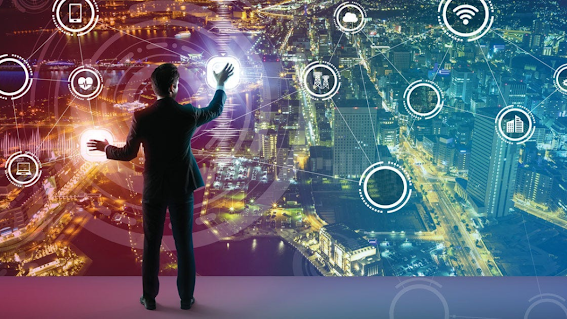5G Impact: IT Services Catalyzing High-Speed Connectivity in Retail
In the dynamic landscape of retail, the advent of 5G technology has proven to be a transformative force, reshaping the way businesses operate and connect with their customers. At the forefront of this revolution is 5G Impact IT Services, a pioneering entity dedicated to catalyzing high-speed connectivity in the retail sector. By harnessing the unparalleled speed and efficiency of 5G networks, our services empower retailers to enhance customer experiences, optimize supply chain management, and revolutionize point-of-sale interactions.
Unleashing Unprecedented Speeds
The most obvious benefit of 5G technology is its lightning-fast speeds. Retail operations demand real-time connectivity for various aspects such as inventory management, customer interactions, and transaction processing. With 5G, data transfer occurs at speeds that were once considered unimaginable, empowering retailers to enhance their operational efficiency.
Enhanced Customer Experience
Imagine a retail environment where augmented reality (AR) and virtual reality (VR) seamlessly blend with the physical shopping experience. With 5G, this vision becomes a reality. High-speed connectivity enables retailers to deploy immersive technologies, creating personalized and interactive experiences for customers. From virtual try-ons to AI-driven shopping assistants, 5G is the catalyst for a customer-centric retail revolution.
Transformative Supply Chain Management
In the realm of IT services, 5G facilitates a paradigm shift in supply chain management. Real-time tracking, monitoring, and optimization of logistics become more than just possibilities—they become integral components of a streamlined supply chain. This not only reduces operational costs but also minimizes delays, ensuring that products reach the shelves faster and more efficiently.
Edge Computing Empowering Retailers
5G’s low-latency capabilities pave the way for edge computing in retail. By processing data closer to the source, retailers can achieve faster response times and reduce dependency on centralized data centers. This not only enhances security but also enables retailers to harness the power of data analytics in real time, gaining valuable insights into customer behavior and market trends.
Security and Reliability
As the retail industry increasingly relies on interconnected devices and IoT-enabled solutions, security becomes a paramount concern. 5G’s robust security features provide a shield against cyber threats, ensuring that sensitive customer data and operational systems remain safeguarded. The reliability of 5G connectivity further ensures that retailers can operate seamlessly without disruptions.
The Road Ahead
The 5G impact on IT services in the retail sector is not a mere trend; it’s a transformative force shaping the future of the industry. As retailers embrace high-speed connectivity, they position themselves to meet the demands of an increasingly digital and interconnected world. The synergy between 5G and IT services is a testament to the industry’s commitment to innovation and efficiency.
Conclusion
The integration of 5G technology in retail goes beyond faster internet on our smartphones; it represents a paradigm shift in how businesses operate and serve their customers. The impact of 5G on IT services in the retail sector is profound, paving the way for a more connected, efficient, and customer-centric shopping experience. The future of retail is here, and it’s powered by the speed and capabilities of 5G technology.
For more information, visit Superior Codelabs.
Shaikh Fakruddin is the Founder and CEO of Superior Codelabs.




Comments
Post a Comment